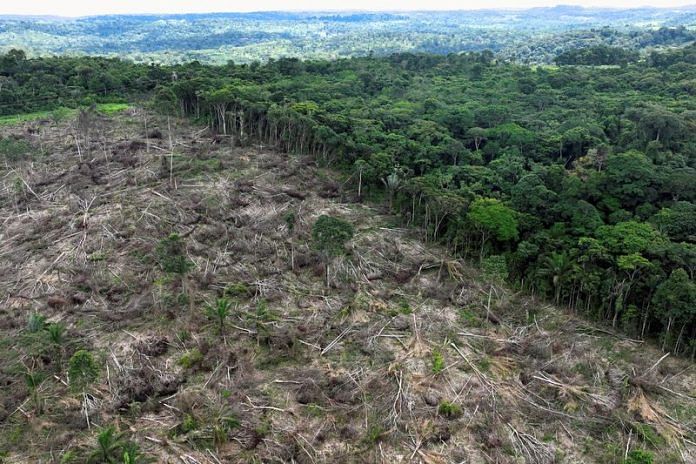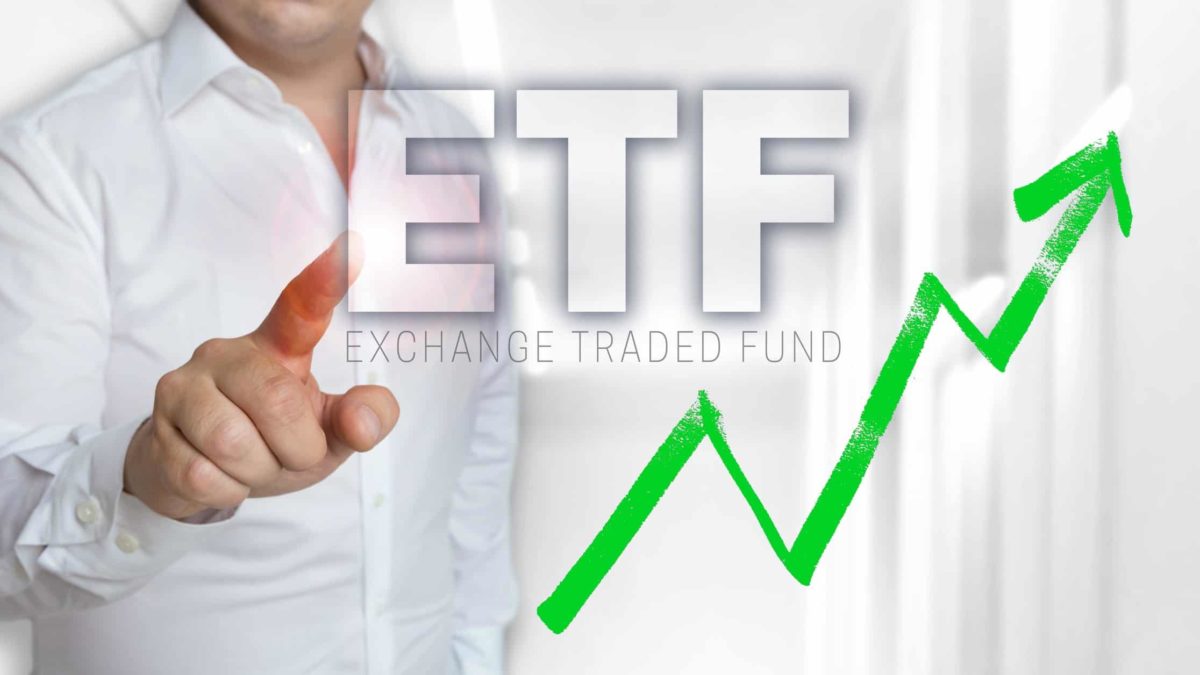
SAO PAULO (Reuters) – Multinational grain traders operating in Brazil will vote next week on changes that could weaken an agreement to not buy soybeans from deforested areas of the Amazon rainforest, The Guardian newspaper reported late on Tuesday. Soy traders including ADM, Cargill, Cofco and Bunge signed up for the “Amazon soy moratorium” in the mid-2000s, pledging to stop buying soy from farms in the Brazilian rainforest that were deforested from 2008 onward. Scientists and conservationists have praised the voluntary moratorium for slowing the rate of deforestation in the Amazon, the world’s largest rainforest and a bulwark against climate change because its trees absorb vast amounts of climate-warming greenhouse gas.
The moratorium bars soy purchases from a whole farm if it includes recently deforested areas. But traders are looking at distinguishing between individual soy fields, letting growers export from one part of a farm while planting soy on newly deforested areas nearby, The Guardian reported, without citing the source of the information. Abiove, which represents those trading firms and all major soy purchasers in Brazil, said it was holding discussions on the moratorium, but did not confirm details of any vote or proposal.

Abiove members ADM, Cargill, Cofco and Bunge referred questions to Abiove. Louis Dreyfus did not have an immediate comment. Under Brazil’s forestry code, landowners in the Amazon can legally clear up to 20% of their property.
However, a surge in deforestation around the turn of the century sparked calls for a more restrictive stance from the private sector, effectively blocking exports of soy from newly cleared farms in the forest. Brazil is the world’s largest producer and exporter of soy. Environmentalists argue weakening the moratorium could open up a huge amount of the Amazon region to soy planting.
“It is very much an enormous amount of land that was deforested after 2008 in the Amazon,” said Jean-François Timmers, an anti-deforestation campaigner with the World Wide Fund for Nature. “We’re talking about millions of hectares.” In its statement to Reuters, Abiove noted that Brazilian state lawmakers are pushing legislation “that significantly harm the signatories of the Soy Moratorium.
” The state of Mato Grosso passed a law stripping tax breaks from firms that adhere to the moratorium. Abiove said it defends the soy moratorium while “striving to balance the demands of both farmers and consumers, including updates to the current model to ensure its effectiveness.” (Reporting by Ana Mano, Roberto Samora and Jake Spring; Editing by Brad Haynes and Richard Chang) Disclaimer: This report is auto generated from the Reuters news service.
ThePrint holds no responsibility for its content. var ytflag = 0;var myListener = function() {document.removeEventListener('mousemove', myListener, false);lazyloadmyframes();};document.
addEventListener('mousemove', myListener, false);window.addEventListener('scroll', function() {if (ytflag == 0) {lazyloadmyframes();ytflag = 1;}});function lazyloadmyframes() {var ytv = document.getElementsByClassName("klazyiframe");for (var i = 0; i < ytv.
length; i++) {ytv[i].src = ytv[i].getAttribute('data-src');}} Save my name, email, and website in this browser for the next time I comment.
Δ document.getElementById( "ak_js_1" ).setAttribute( "value", ( new Date() ).
getTime() );.














